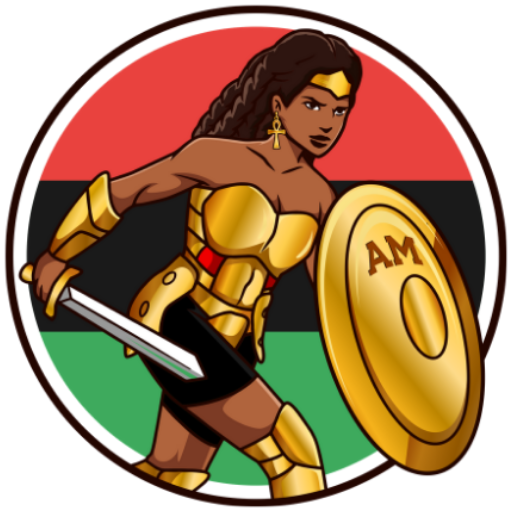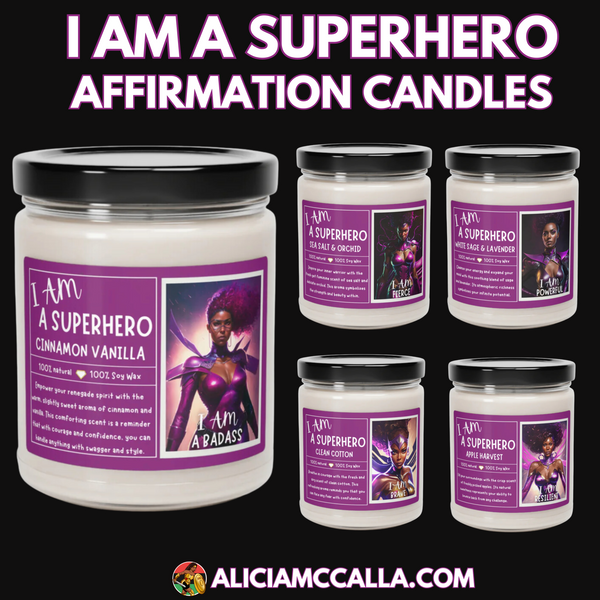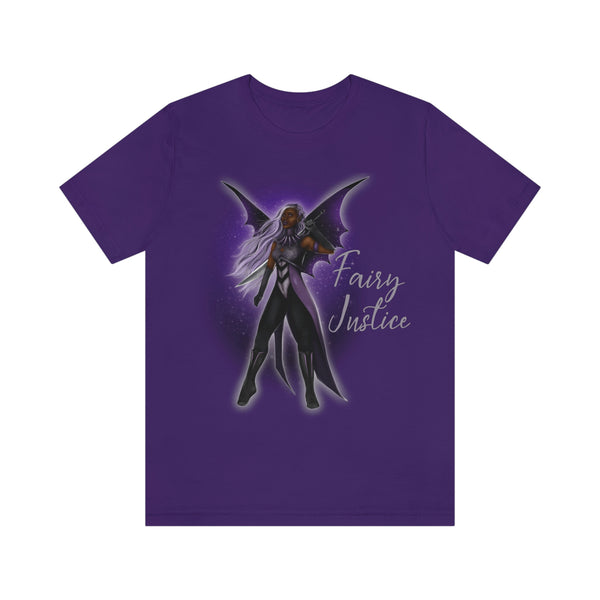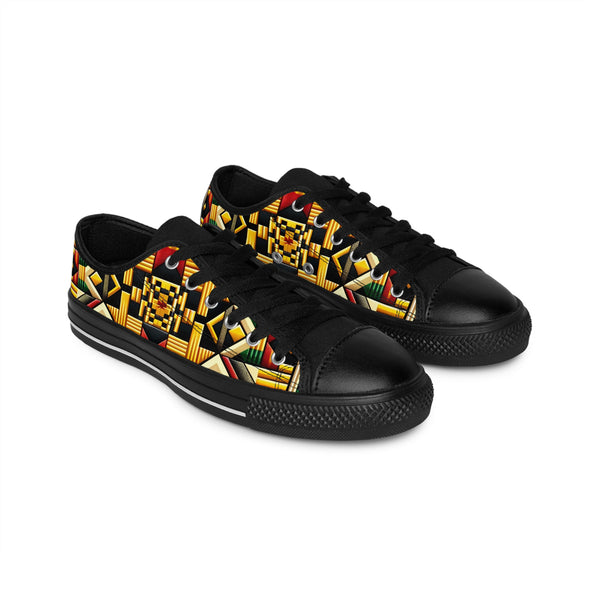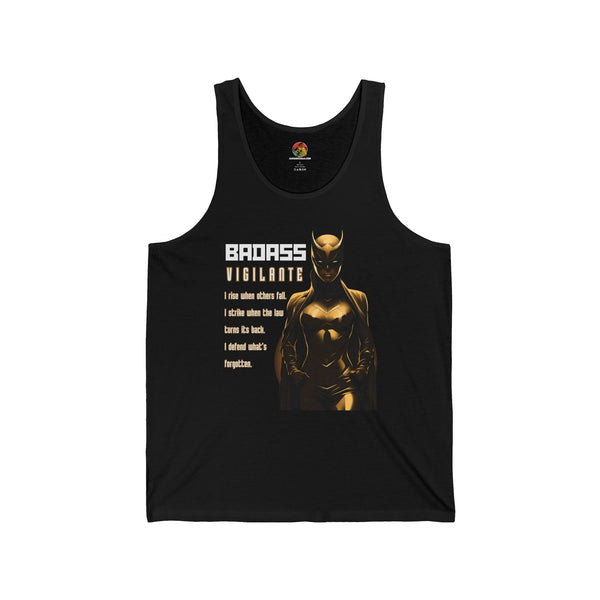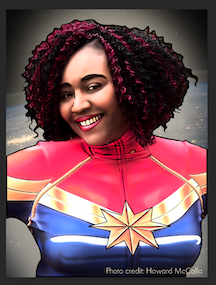
Interview with Author Nicole Sconiers: Beckyville has the Snarky, Racial Humor of Undercover Brother Mixed with the Sophistication of Ralph Ellison's Invisible Man.
Share
I met Nicole Sconiers at OnyxCon 3 in Atlanta. I immediately downloaded the Beckyville short stories and dug-in. I couldn’t stop reading them. The stories push the envelope of issues that pertain to African-American women such as issues surrounding hair, attitude, rage, and injustice. These stories are not for the faint of heart. Sconiers uses speculative fiction to share those internalized emotions and feelings that some Black women have towards being victimized and treated as if they are racially inferior but it’s done in a snarky, satirical manner. I especially love the stories that expose issues surrounding Black women’s hair. I know I am always asked about my Sisterlocks. LOL!
I had to interview Nicole after reading Escape from Beckyville and she graciously agreed to answer my questions. Please read her interview. Nicole, thanks for writing the Escape from Beckyville series and agreeing to interview with me.
Can you tell us a little about your writing experience and the inspiration behind the Escape from Beckyville short stories?
When I was seven or eight years old, I wrote obituaries – or so my mother tells me. It was a way for a lonely little girl to fight back against the bullies who were tormenting her in school, a way of having a voice. So it’s safe to say I’ve been writing for most of my life.
Most recently, I walked away from a career at Dr. Phil, where I worked for nearly eight years, to promote my new book Escape from Beckyville: Tales of Race, Hair and Rage. I began writing several of the short stories that appear in the collection in grad school, and the book took on a life of its own after that.
What made you add the speculative fiction twist to issues that are critical or important to Black women?
I was really struggling to find my voice in grad school. I knew I wanted to write stories featuring complex black women characters, but I could only manage these trite depictions. Around that time, my mentor, Alma Villanueva, introduced our class to works of magical realism, such as Eva Luna by Isabel Allende and The Hummingbird's Daughter by Luis Alberto Urrea. I was intrigued by the idea of using the mystical to critique issues of racism, sexism and political corruption, and I realized the social justice slant was missing from my own work. I consider speculative fiction to be the kissing cousin to magical realism, and I saw this genre as a subversive way to give voice to the oppressed without being preachy.
The first spec fiction story I wrote was called “Here Come the Janes,” and it’s about wraiths who hunt black women for their hair. As I continued writing in this genre, it became a way to give my characters agency in a futuristic world where black women’s tempers are outlawed or black women are hunted and killed for being unattractive.
Is there a message that you’d like to get across to the readers? If so, what is it?
I didn’t start out writing with an agenda, but as the characters in Escape from Beckyville began speaking to me, I realized that most of the stories address the idea of invisibility. As black women, we are invisible, yet hypervisible at the same time.
Around the time that I was writing these short stories, there seemed to be a “Black Women Suck” narrative being pushed in the media: black women’s lack of social and sexual capital, professional black women can’t find a man, we’re angry, we’re fat, we’re poor, we have disgusting hair, we’re uglier than other races. So I wanted to riff on those memes. I wanted to examine what it means to be seen – but not seen – at the same time. I wanted to explore how it feels to be viewed as so strong, and yet lacking in power.
Toni Morrison said, “If there's a book that you want to read, but it hasn't been written yet, then you must write it.” I wanted to write a funky and futuristic slice of black womanhood, something to combat the mammy images, or the gold-digger images or the cold-hearted Buppie images in literature. The central message I’d like to get across to readers is that we have to create the images we want to see.
Do you know that your stories have that biting or satirical humor? Is that by design or is that just your natural voice? Please explain.
Humor makes stories with controversial themes more accessible. Flannery O’Connor, one of my favorite authors, tackled issues of race and southern white Christian hypocrisy with such a biting humor that you can’t help but laugh, all while reading about some wretched, mean-spirited folks.
I don’t deliberately try to shroud serious subjects in humor to make them more palatable, but sometimes, a funny thought will arise even when I’m tackling the most somber of issues. For example, my short story “Rent-a-Cracker” deals with perceptions about black women – that we’re lonely, bitter about black men’s interracial relationships, and we have to date white men or perish. Even though I was addressing the pain that some black women experience – that I have experienced – I chuckled throughout the writing of that story. Sometimes, we have to laugh to keep from crying.
You make some clear distinctions between Black women and White women in your stories, was this an attempt to offer real dialogue about race and class with the two groups?
Absolutely. As soon as you pick up the book, you know from the title that it’s marked – Becky. If you stop 100 black women on the street and ask them who Becky is, 99 will tell you she’s that clueless white chick with unchecked privilege who’s always asking, “Can I touch your hair?” or expecting her black girlfriend to be her go-to guide to black culture.
I’m not trying to demonize one group and valorize another, but instead take a critical, honest look at the sometimes tumultuous relationship that exists between black and white women. I don’t think Becky is synonymous with all white women. I have had readers of the book tell me they know some black Beckies or male Beckies. Escape from Beckyville is escaping from a mindset that says black women exist solely for entertainment value, or to be deconstructed or to be saved.
You show the problem of racial superiority and racial inferiority very clearly in your Beckyville stories, are you hoping that your candor will spark racial understanding and healing?
We live in extremely divided times. Even now, I still won’t check the comment section of most news articles, because bigotry runs rampant. It’s like virtual Jim Crow. It’s going to take a long time – if ever – to heal the seeping wounds of racism in this country, and I don’t think one book will do that.
What I do hope readers will come away with after reading Escape from Beckyville is a greater understanding of the issues black women face. Not all of the stories have a happy ending – just like real life – but we’re not victims; we’re not martyrs.
Can you tell us about your current road trip across the US? What has been your reception across the US?

Indie authors really have to fight to be heard and be taken seriously. Because I believed in these stories so much, I bought a van, tricked it out in the colors and artwork of the book, and began traveling the country on August 1 with my mother, Lola, to spread the word. I’ve done readings at Underground Books in Sacramento, the West Las Vegas Library, Hastings Entertainment in New Mexico, and the Afro-American Book Stop in New Orleans. I’ll be a vendor at the Durham Blues Festival on September 10, and I’m reading at Hue-Man Books in New York on September 24.
I’m touched by the support I’ve received from friends and strangers throughout this cross-country book tour, and I’ve been blogging and tweeting about my struggles on nicolesconiers.com/blog and twitter.com/NicoleSconiers. Media response has been growing as well. I was recently interviewed about my journey on 98.5 WYLD FM in New Orleans, “Voices” radio program for the New Mexico Office of African-American Affairs and the “Traces of Faces and Places” program for Shaw University in North Carolina.
WYLD 98.5 interview: http://bit.ly/mOFDGi
Anything else that you’d like to share with readers?
I was recently a vendor at the OnyxCon convention in Atlanta, and it was such a beautiful thing to witness the wealth of talent and creativity on display from black writers and illustrators. One of the presenters said, “We are the living superheroes.” That statement resonated with me and reminds me that in order to keep the collective dream alive, we have to invest in our art, and invest in ourselves. We have to be the change we want to see.
Nicole, thanks so much for sharing. If you have questions for Nicole, please share. Her book is fabulous and funny! If you've read Escape from Beckyville, let us know what you think.
